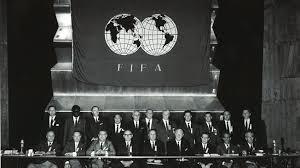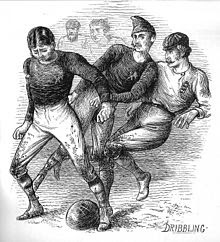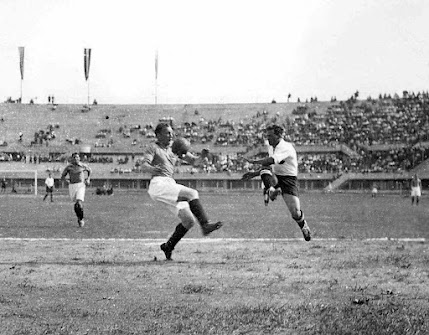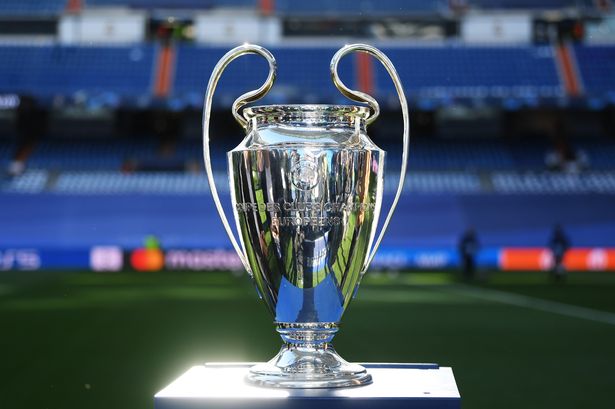The History of FIFA: The Global Governing Body of Football
Introduction:
As the world's most popular sport, football has a rich and storied history. Behind the scenes, an organization called FIFA (Fédération Internationale de Football Association) has been instrumental in shaping the sport and overseeing its global development. In this blog post, we delve into the fascinating history of FIFA, tracing its origins, milestones, and contributions to the beautiful game.
1. Origins and Foundation:
FIFA was founded on May 21, 1904, in Paris, France. Its establishment was a response to the growing need for international cooperation and standardization in football. The founding associations included Belgium, Denmark, France, the Netherlands, Spain, Sweden, and Switzerland. Robert Guérin, a Frenchman, became FIFA's first president.
2. Early Years and Expansion:
During its early years, FIFA focused on establishing common rules and regulations for the game. The organization quickly gained recognition and expanded its membership to include more countries from Europe and South America. The inaugural FIFA World Cup was hosted by Uruguay in 1930, marking a significant milestone for international football.
3. Post-War Growth and Globalization:
Following World War II, FIFA played a pivotal role in rebuilding international football. It led efforts to bring nations together through friendly matches and tournaments, promoting peace and unity through sport. As football gained popularity worldwide, FIFA's membership expanded to include associations from Africa, Asia, North America, and Oceania.
4. Women's Football and Equality:
FIFA has also played a crucial role in developing and promoting women's football. In 1991, the first FIFA Women's World Cup was held in China, marking a milestone for female footballers. FIFA has since invested in the growth of women's football, supporting competitions, development programs, and initiatives aimed at achieving gender equality within the sport.
5. Evolution of Football Rules and Technology:
FIFA has been responsible for adapting and refining the rules of football over the years. From implementing the offside rule to introducing goal-line technology and VAR (Video Assistant Referee), FIFA has sought to enhance fairness and accuracy in the game. These advancements have helped minimize controversies and ensure the integrity of matches.
6. Development Programs and Social Responsibility:
FIFA utilizes its resources and influence to support football development worldwide. Through initiatives like the FIFA Forward Program, the organization invests in infrastructure, education, coaching, and grassroots development. FIFA also places a strong emphasis on social responsibility, promoting fair play, anti-discrimination, and humanitarian efforts.
7. Challenges and Governance Reforms:
In recent years, FIFA has faced scrutiny and challenges regarding governance and transparency. In response, the organization has undertaken significant reforms to enhance accountability, ethics, and governance structures. These reforms aim to restore trust and ensure the continued growth and sustainability of football.
Conclusion:
The history of FIFA is intertwined with the history of football itself. From its humble beginnings in 1904 to its current status as the global governing body of football, FIFA has shaped the sport, promoted its values, and brought joy to billions of fans worldwide. As football continues to evolve, FIFA's role remains crucial in steering the sport's future while preserving its rich heritage.











Comments
Post a Comment